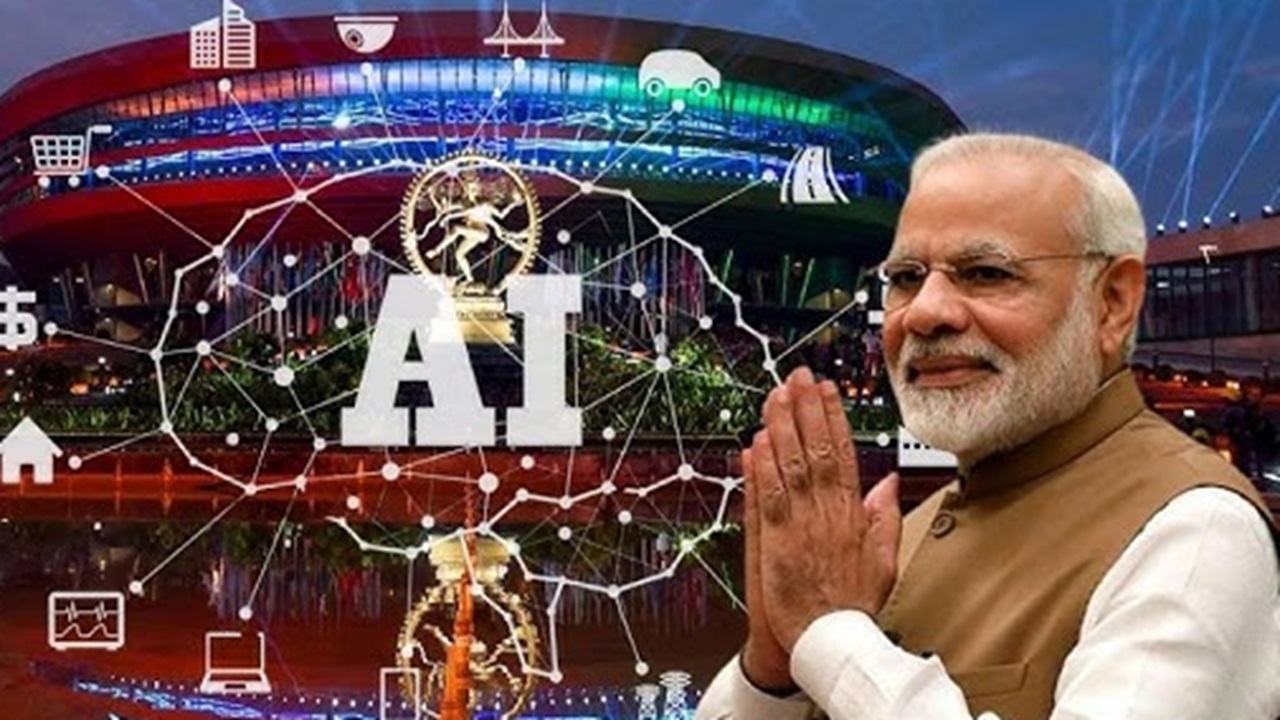Manmohan Singh slams PM Modi for his ‘hateful and unparliamentary’ speeches
· He accuses PM Modi of lowering the dignity of Prime Minister’s Office
· He slams PM Modi over farmers’ protests, promise to double farmers’ income
· Singh has pledged the Congress party’s commitment to abolishing the Agniveer Scheme
Former Prime Minister Manmohan Singh has launched a scathing critique against Prime Minister Narendra Modi, condemning what he perceives as the utilization of “hateful, unparliamentary terms” to target various segments of society and the opposition. In a letter addressed to the electorate of Punjab ahead of the seventh phase of Lok Sabha polls scheduled for June 1, Singh has urged citizens to stand as guardians of democracy and the Constitution, safeguarding them from what he describes as the recurring assaults of a despotic regime that seeks to impose authoritarian rule in India.
Singh’s rebuke of Modi’s conduct during the election campaign is unequivocal. He has characterized Modi’s speeches as the epitome of vitriol, representing a significant deterioration in the standards of public discourse and a devaluation of the esteemed office of the Prime Minister. Singh has expressed deep dismay over Modi being the first incumbent Prime Minister to engage in such divisive rhetoric, emphasizing that his words have the potential to sow seeds of discord and disunity within society.
The former Prime Minister’s criticism extends to the attribution of false statements to him by Modi, refuting any claims of communal bias on his part and attributing such divisive tactics solely to the Bharatiya Janata Party (BJP). Singh’s assertion reflects not only his personal indignation but also a broader concern over the erosion of ethical standards in political discourse and the propagation of misinformation for electoral gain.
Moreover, Singh has taken aim at the BJP’s Agniveer Scheme, labeling it as ill-conceived and detrimental to national security. He argues that the scheme’s imposition on the armed forces undermines the core values of patriotism, bravery, and service, reducing their significance to a mere four-year stint. Singh’s criticism of the scheme underscores his commitment to upholding the integrity and efficacy of India’s defense apparatus, safeguarding it against politicization and short-sighted policy decisions.
In light of these concerns, Singh has pledged the Congress party’s commitment to abolishing the Agniveer Scheme, emphasizing the imperative of prioritizing national security interests above political expediency. His stance reflects a broader commitment to inclusive governance and responsible policymaking, rooted in the principles of democracy, secularism, and social justice.
Singh’s impassioned plea to the voters of Punjab resonates beyond the confines of electoral politics, encapsulating a larger struggle for the preservation of democratic norms and values in the face of mounting authoritarian tendencies. As the nation grapples with the implications of polarizing rhetoric and partisan politics, Singh’s voice serves as a reminder of the enduring importance of principled leadership and unwavering commitment to the ideals of democracy and pluralism.
(With inputs from agencies)








